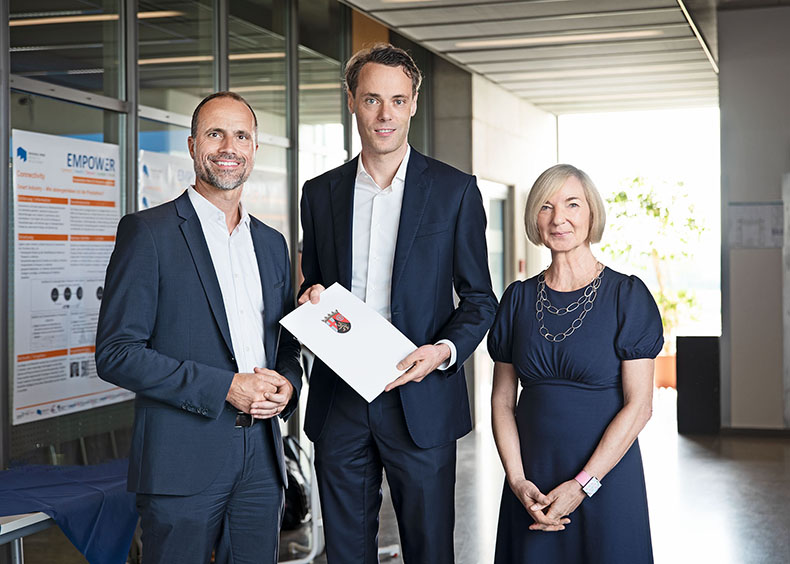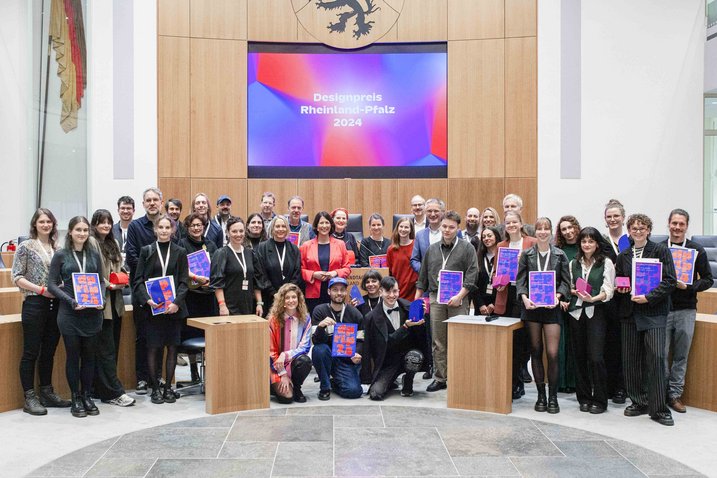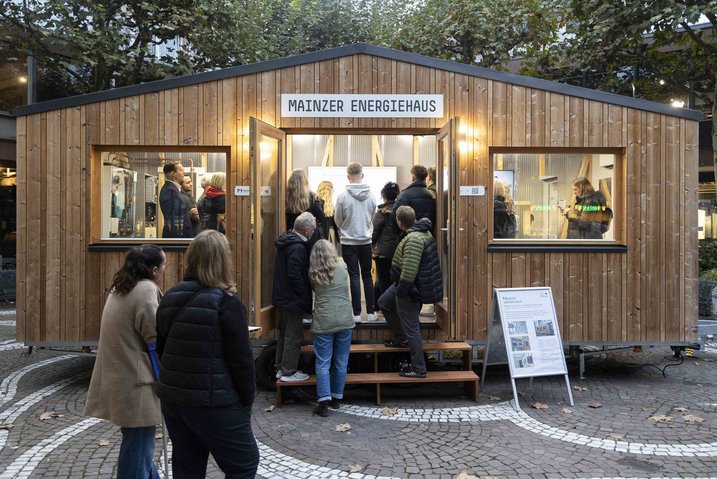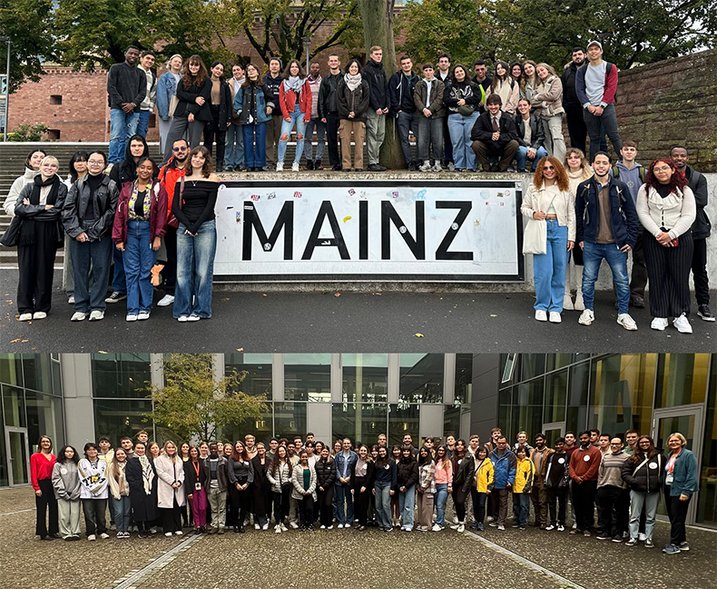Mainz University of Applied Sciences, as the coordinating university, and the University of Koblenz will receive funding for the implementation of the research program “AI-DPA: Analysis and Interpretation of Unstructured Data and Processes in Two- and Three-Dimensional Application Scenarios with Machine Learning” over the next three years as part of the “Research Programs of Rhineland-Palatinate” funding line. Minister of Science Clemens Hoch presented the letter of allocation in the amount of 451,510 Euro to the President of Mainz University of Applied Sciences, Prof. Dr. Susanne Weissman. In the sixth round of funding for the Rhineland-Palatinate research programs, the project submitted, a joint application submitted from Mainz University of Applied Sciences and the University of Koblenz in the field of artificial intelligence expertise, was selected in a review process. In total, the two universities will receive funding of 747,585 Euro for the project period from July 1, 2023 to June 30, 2026.
“With these research programs, we are not only support young researchers in important fields, we are also promoting interdisciplinary cooperation between universities of applied sciences (HAWs) and universities with a view to setting new research priorities. In this way, we want to open up yet another path to a doctorate for outstanding graduates, especially from HAWs, and offer them a structured research and qualification forum. Through the cooperative doctorate with university and HAW advisors, the specific expertise of both types of higher education institutions will flow into the program,” said Minister of Science Clemens Hoch. He wished Mainz University of Applied Sciences and the University of Koblenz all the best and much success for the joint research program. This collaboration between Mainz University of Applied Sciences and the University of Koblenz in the field of artificial intelligence offers enormous potential for both universities, continued the Minister.
Prof. Dr. Susanne Weissman, President of Mainz University of Applied Sciences, expressed her gratitude for the funding from the Ministry – on behalf of the colleagues involved in the new research program as well. “I highly endorse the cooperation with the University of Koblenz in the research field of artificial intelligence, because the often-described megatrend of tomorrow has long since arrived in our everyday lives. It is all the more important to design innovative solutions for the challenges of the present and the future in interdisciplinary cooperation with excellent application expertise and at a high scientific level. Looking ahead to the future independent right to award doctorates for areas of excellence in research at universities of applied sciences in Rhineland-Palatinate, the AI Research Program is already enabling our talented young researchers to pursue qualification opportunities in the field of research and development via the cooperative doctorate,” said the university president.
At Mainz University of Applied Sciences and the University of Koblenz, there are established research networks that have collaborated occasionally in the past. The new AI-DPA research program is intended to systematically bundle these collaborations for the research field of artificial intelligence. Six professors at the two universities are involved in the planned program. They work at the Department of Computer Science at the University of Koblenz and the Schools of Engineering and Business at Mainz University of Applied Sciences. Among other things, the program will research the dissemination of high-resolution point cloud data, large datasets of 3D point data acquired using various acquisition modalities such as LiDAR, an aerial laser scanner, GoPro, and aerial photography. This will open up new avenues for environmental monitoring and security applications, among others.
The Rhineland-Palatinate Ministry of Science and Health had established the new funding line “Research Programs of Rhineland-Palatinate” in 2018. The research programs are each supported by at least two professors, and one or more universities of applied sciences and universities. The Ministry subsidizes the research programs with up to 250,000 Euro per year and expects a comparable level of commitment from the universities. Funding is provided for a period of three years. Research programs are dedicated to relevant and current topics of great benefit to society, such as digitalization and biotechnology.

From left: Minister of Science Clemens Hoch, Prof. Dr. Tobias Walter, School of Business at Mainz University of Applied Sciences, and President of Mainz University of Applied Sciences Prof. Dr. Susanne Weissman. Photo: Henri Aalken / © Mainz University of Applied Sciences



